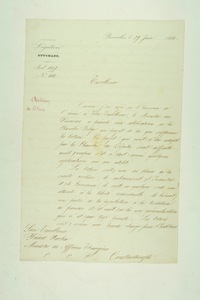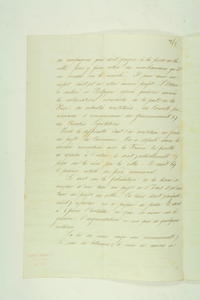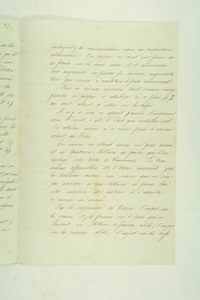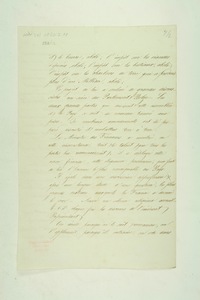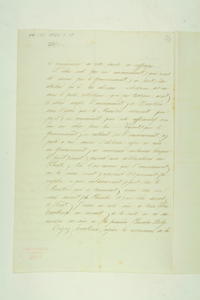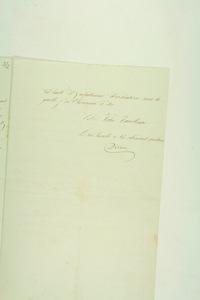Ottoman Diplomats
Letters from the Imperial Legation in Brussels (1849–1914)
Synopsis
Abolition des octrois
The bill on abolishing consumption taxes, proposed by the Belgian Minister of Finance, the liberal Frère-Orban, had been adopted by the Belgian House of Representatives. Acknowledging that this decision could be misunderstood, Diran Bey explains its importance. In his report, he gives his negative opinion about the taxes, calling them the wounds of civilized society. In his opinion, these taxes on basic consumption goods attack individual liberty and give way to fraud, which will in turn lead to demoralization. Consequently, they had to be abolished. Taxes on alcohol remained and together with the revenue of the postal services, they needed to create a fund all municipalities could equally benefit from. This bill caused a heated debate in the Belgian House of Representatives. Diran Bey praises the Minister of Finance for being a convincing, well prepared and eloquent debater, and notes that the Members of Parliament were quiet when he spoke. In his report, Diran Bey highlights one of the many amendments, more specifically an amendment of the moderate liberal De Brouchère and describes the tactics that were in play, finally leading to the rejection of the amendment.
Facsimiles
How to cite
If you use this website for your own research, we kindly ask you to mention the following reference in your publications:
Consulted online at Ottoman Diplomats: Letters From the Imperial Legation in Brussels (1849–1914) (2014 Edition), Centre for Political History (PoHis), University of Antwerp, <http://dighum.uantwerpen.be/ottomandiplomats/>.
